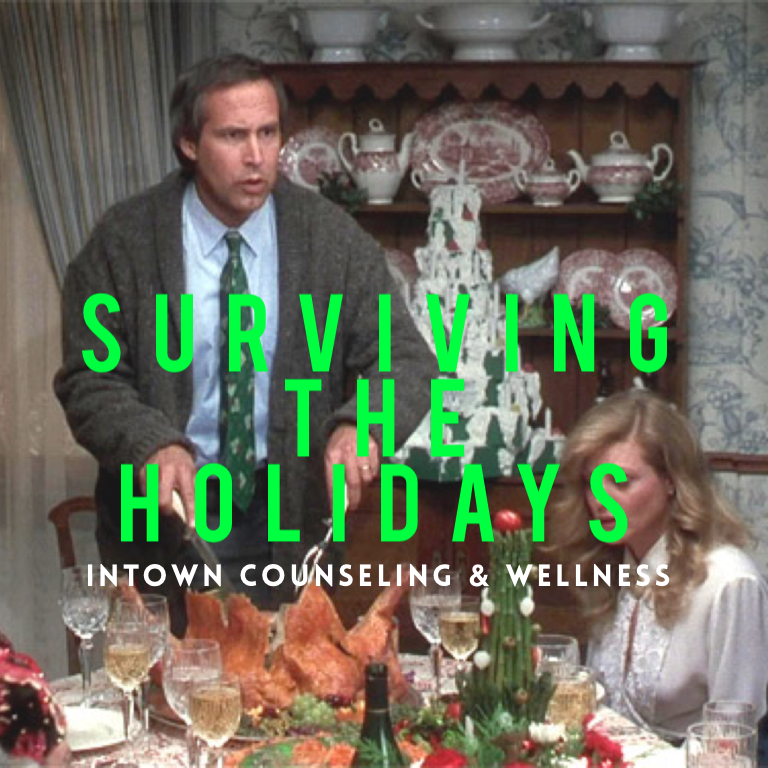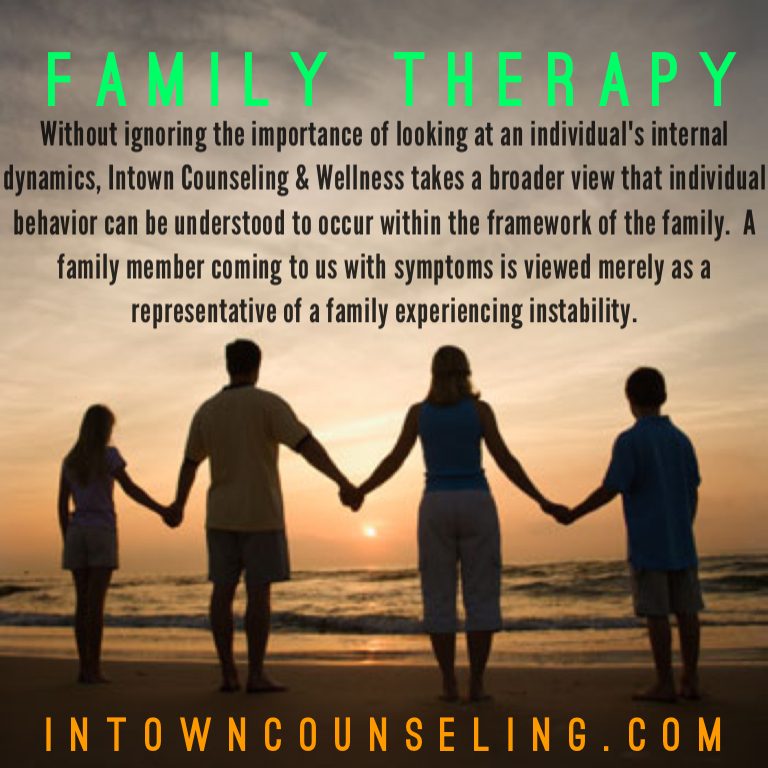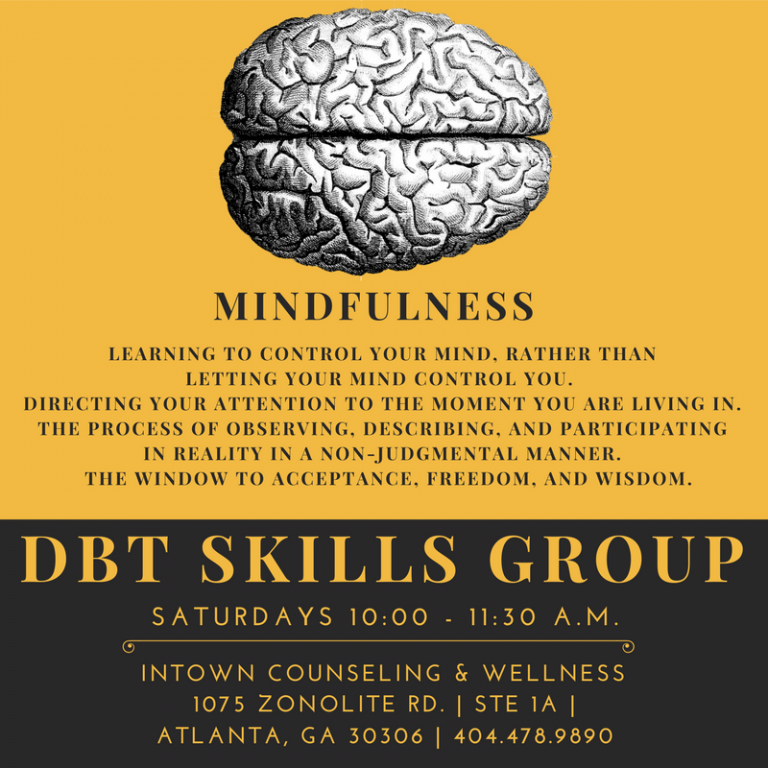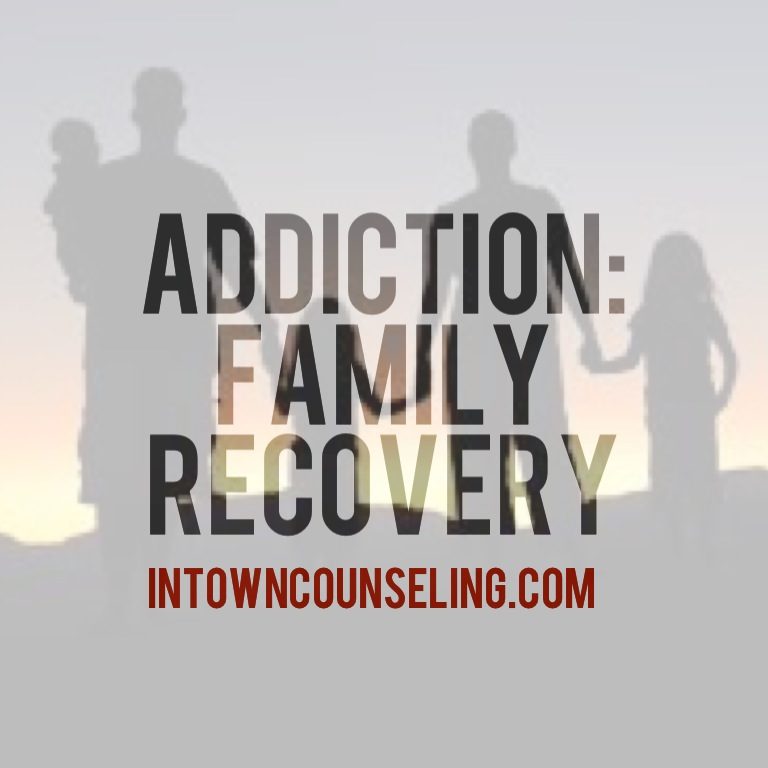Surviving the Holidays
Holidays are usually a time for amazing food, travel, and for most people a lot of family interactions. While spending time with family can be fun, it is not uncommon for people to feel overwhelmed or experience an increase in anxiety at some point during the holiday season. These feelings are normal and to be anticipated since there is more to do than during our typical day-to-day lives. For most people, increases in stress put us at greater risk for unhealthy interactions with those who are closest to us. The unhealthy interactions typically include withdrawing from situations or engaging others with anger, frustration, or fear. Here are a few tips to encourage health and wellness during the upcoming holiday season.
1) Don’t stop engaging in self-care. It is very easy to substitute your daily routine or “me time” for holiday to-dos or to spend time with family you may not see very frequently. If you’re not taking care of yourself, you are more susceptible to inappropriately reacting, instead of effectively responding, in times of high anxiety. Therefore, taking care of yourself actually means you are trying to facilitate family health, so don’t feel guilty for saying no or scheduling things around your established self-care routine!
2) Know your triggers and prepare to manage them. Most people have “hot buttons”, or issues, that they know family members will push. When the triggers are present, people are more likely to engage in unhealthy behaviors. However, by being aware of these triggers, acknowledging that they will most likely be present, and having a planned, healthier response, the triggers don’t have to be as powerful. For example, if you know that you get annoyed when people mention that you haven’t ______ (Fill in the blank. For many it could be that you aren’t married; you haven’t had children; or you aren’t in the job you want to be), you can prepare a statement that is polite, but doesn’t encourage further discussion, such as, “I appreciate your interest. I’m sure when the time is right, it will happen.” If you have a particularly persistent family member, a statement like, “I know you ask because you care about me, but I would prefer not to discuss ______, and would appreciate it if you could respect that.” Whatever statements you choose to use, it is important to develop them beforehand so you aren’t reacting from a place of anger.
3) Practice mindfulness. It may seem that there is always something to do, somewhere to be, or someone to see. This may certainly be true, but you rob yourself of holiday pleasures when you don’t allow yourself to truly experience them. By practicing mindfulness you allow your senses to fully experience all that is in your environment. For example, you can mindfully prepare meals by focusing your attention on the aromas of the food, the textures of different ingredients, and the sound of appliances around you. Focusing on these details encourages you to live in the moment, and can push stress-inducing thoughts away.
4) Slow down. Through mindfulness you are slowing your mind and forcing it to pay attention to one thing. Slowing yourself down is also especially useful in the event that you find stress has gotten the better of you. If you find yourself recognizing signs that you are becoming annoyed, angry, or frustrated, take deep breaths or give yourself “time outs” so that you can regain control. Bathrooms are great places to escape and center yourself. Drawing your attention to your breathing helps to calm your nervous system and decreases feelings of stress.
While these tips won’t guarantee a stress-free holiday season, they may help decrease your anxiety and increase overall health and wellness. ENJOY the holiday season and most importantly, the time with those you love!
By Cassandra Lettenberger-Klein, Ph.D.





